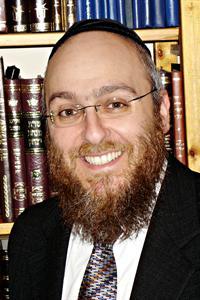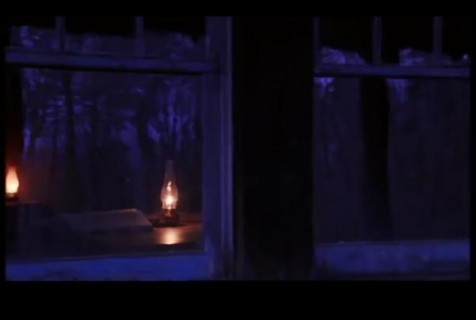Day 58
All You Need Is Love: Does It Matter What Jews Believe or Just What They Do?
“May the lessons of the past help improve understanding now and in the future.” Peter & Jacqui Zinkin
CLICK HERE TO BUY THE BOOK

Rabbi Dr Harvey Belovski
Rabbi Dr Harvey Belovski is the Rabbi of Golders Green Synagogue, London and principal of Rimon Jewish Primary School. He teaches at LSJS in London, is the rabbinic consultant to University Jewish Chaplaincy and is a guest lecturer at King’s College, London. He is an author and a regular broadcaster on BBC Radio 2.





